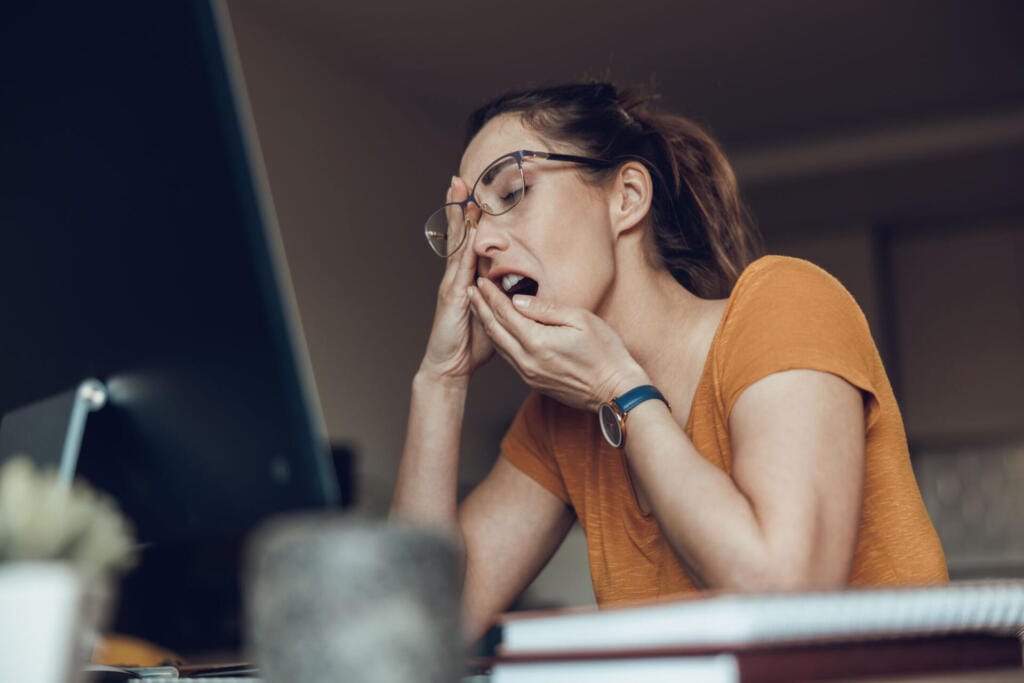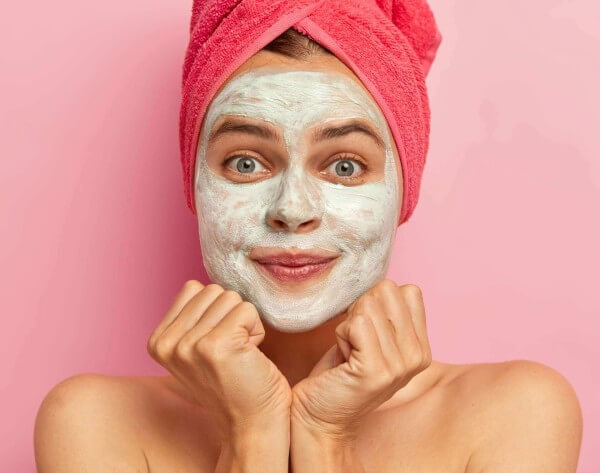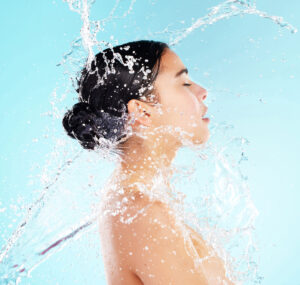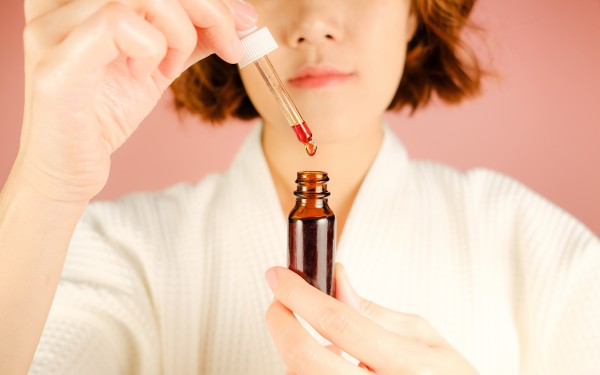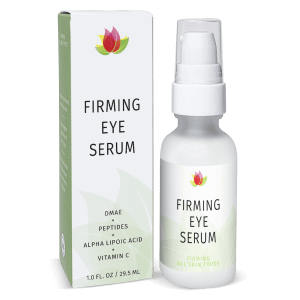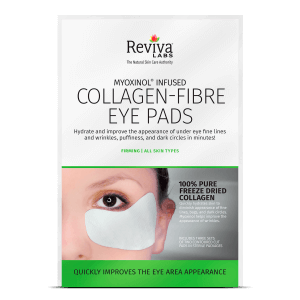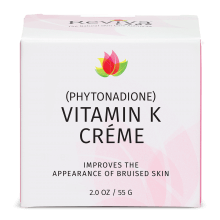Natural, Reviva Labs, Skin Care
Sleep (or lack of it) and Your Skin
We’ve all heard that sleep is essential for good health, but what many don’t realize is just how much your skin relies on those precious hours of rest. In fact, research shows that poor sleep quality is directly linked to faster skin aging, reduced barrier function, and even compromised ability to recover from sun damage. It’s not just about waking up with dark circles under your eyes (though that happens too), the impact of sleep deprivation on your skin is much more complex and concerning.
What Happens to Your Skin While You Sleep
Your skin is like a 24/7 machine, constantly working to protect and repair itself. But did you know that it works overtime while you sleep? During deep sleep stages, your body goes into repair mode. It increases blood flow to the skin, allowing for greater oxygen and nutrient delivery. This is also when cell regeneration kicks into high gear, and collagen production rises—two critical factors for maintaining youthful, glowing skin.
How Sleep Affects You Skin
Your skin’s barrier is the frontline defense against the world, keeping irritants out and locking moisture in. A poor night’s sleep makes it harder for the barrier to function properly, leading to increased transepidermal water loss (TEWL). TEWL is just a fancy term for the water that evaporates from your skin. When your barrier is compromised, it loses more water than it should, leading to dry, flaky, and irritated skin.
This barrier dysfunction also makes your skin more vulnerable to external damage. Think pollution, UV rays, and bacteria. When your skin can’t protect itself, you’ll notice everything from a dull complexion to an increase in breakouts or redness.
How to Combat the Visible Effects of Poor Sleep:
Dark Circles and Puffiness
We’ve all woken up with those dreaded dark circles after a late night. But why does lack of sleep cause this? Dark circles are often due to dilated blood vessels beneath the skin, which is especially thin around the eyes. When you don’t get enough rest, your body struggles to regulate circulation, causing the blood to pool in this delicate area. The result? That telltale purple-blue hue that screams “I didn’t get enough sleep.”
Sleep deprivation can also lead to water retention, contributing to puffiness around the eyes. This occurs because your body’s ability to balance fluids is impaired when you’re sleep-deprived, leading to that bloated, puffy look in the morning.
What you can do:
- Elevate your head while sleeping: This can help reduce fluid retention around your eyes.
- Hydration: Keeping your body well-hydrated can improve circulation and help flush out excess fluids.
- Eye creams with caffeine: Caffeine constricts blood vessels, reducing the appearance of dark circles and puffiness. Look for an eye cream formulated with this ingredient to give your under-eye area a quick boost.
Lines and Wrinkles
Sleep deprivation wreaks havoc on collagen production. Collagen is the protein that gives your skin structure and elasticity, but without enough rest, your body struggles to make it. This is why chronic sleep deprivation can lead to premature aging—fine lines, sagging, and deep wrinkles appear more quickly.
A lack of sleep also results in higher levels of the stress hormone cortisol. Cortisol breaks down collagen, further accelerating the aging process. Over time, this adds up, and suddenly those tiny laugh lines or forehead creases become much more prominent than they should be at your age.
What you can do:
- Sleep on your back: This prevents your face from pressing into your pillow, reducing the chances of sleep lines that can turn into permanent wrinkles.
- Incorporate retinoids into your skincare routine: Retinoids stimulate collagen production and speed up cell turnover, making them ideal for repairing the damage caused by lack of sleep.
- Use a silk pillowcase: Silk reduces friction on your skin and helps retain moisture, minimizing the impact of sleep-induced wrinkles.
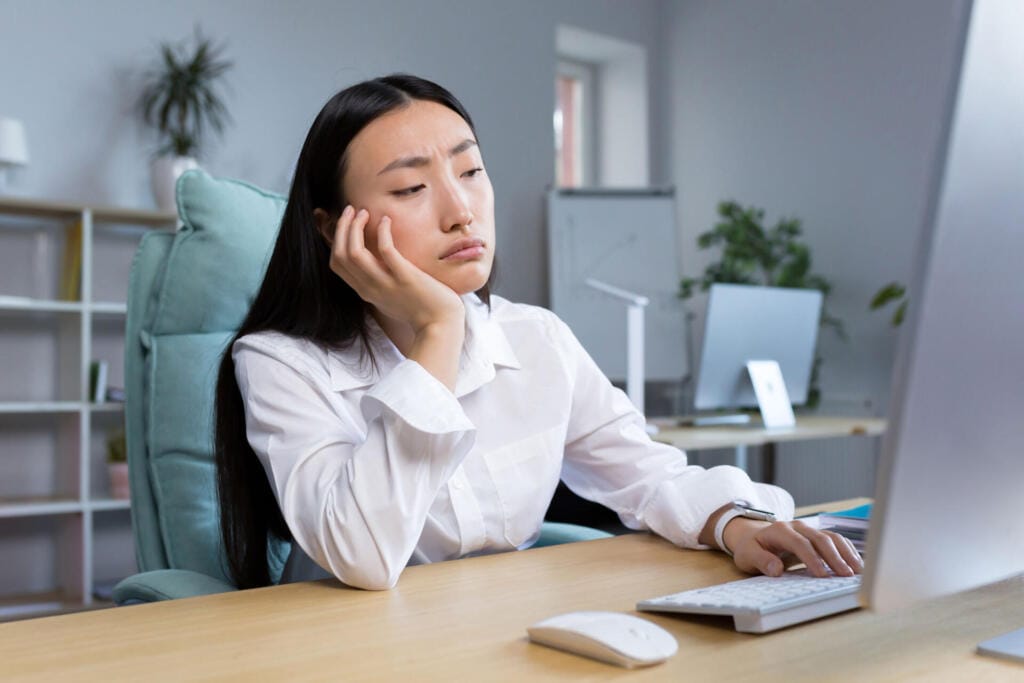
Dull Complexion
Ever notice how your skin looks lackluster after a sleepless night? That’s because sleep deprivation interferes with your body’s circulation, resulting in reduced blood flow to the skin. When your skin isn’t getting enough oxygen and nutrients, it can look pale, sallow, or even grayish.
A dull complexion is also a sign that your skin’s natural exfoliation process has been disrupted. When you sleep, your body sheds dead skin cells and replaces them with fresh, healthy ones. Without enough sleep, dead skin cells accumulate on the surface, causing your complexion to lose its radiance.
What you can do:
- Exfoliate regularly: Use a gentle exfoliating product to remove dead skin cells and reveal the fresh skin underneath.
- Vitamin C serums: Vitamin C is known for its brightening properties. Incorporating a Vitamin C serum into your morning routine can help revive a tired complexion and boost radiance.
- Hydration is key: Moisturize with products that contain hyaluronic acid to plump up your skin and give it a dewy finish.
Lack of Hydration
The skin barrier is responsible for keeping moisture in and environmental irritants out. When you don’t get enough sleep, this barrier becomes compromised, leading to increased water loss and decreased protection against pollutants.
This is why your skin may feel extra dry, itchy, or sensitive after a few nights of poor sleep. Without a strong barrier, your skin is more prone to inflammation and irritation, which can worsen conditions like eczema or psoriasis.
What you can do:
- Niacinamide: This ingredient strengthens the skin barrier by boosting ceramide production. It also reduces inflammation, making it ideal for sleep-deprived skin.
- Overnight hydrating masks: An overnight mask with hydrating ingredients like glycerin or hyaluronic acid can help repair the skin barrier while you sleep.
- Soothe with aloe vera: Aloe is a natural anti-inflammatory that can calm irritated skin and promote healing.
Increased Acne Breakouts
When you’re sleep-deprived, your body produces more cortisol to help cope with the stress. Unfortunately, higher cortisol levels lead to increased sebum (oil) production, which can clog your pores and result in breakouts. If you’ve noticed more blemishes after a few restless nights, this is likely why.
Inadequate sleep also lowers your body’s immune response, making it harder for your skin to fight off acne-causing bacteria. This combination of excess oil and weakened defenses creates the perfect storm for breakouts.
What you can do:
- Salicylic acid cleansers: Salicylic acid penetrates the pores to clear out excess oil and prevent breakouts.
- Non-comedogenic moisturizers: Use lightweight, oil-free moisturizers that won’t clog pores but will still provide necessary hydration.
- Spot treatments with benzoyl peroxide: Benzoyl peroxide kills acne-causing bacteria and helps to reduce inflammation from breakouts.
Make Sleep a Priority for Your Skin
Skincare products are essential, but they’re not a magic fix for poor sleep habits. The key is to combine a consistent skincare routine with better sleep hygiene. A restful night and the right ingredients work together to give your skin the chance to repair and thrive.
Making sleep a priority isn’t just about feeling rested—it’s about protecting your skin from premature aging, breakouts, and irritation. If you’ve been neglecting your sleep, let this be your reminder to tuck in early tonight. Your skin will thank you for it!



